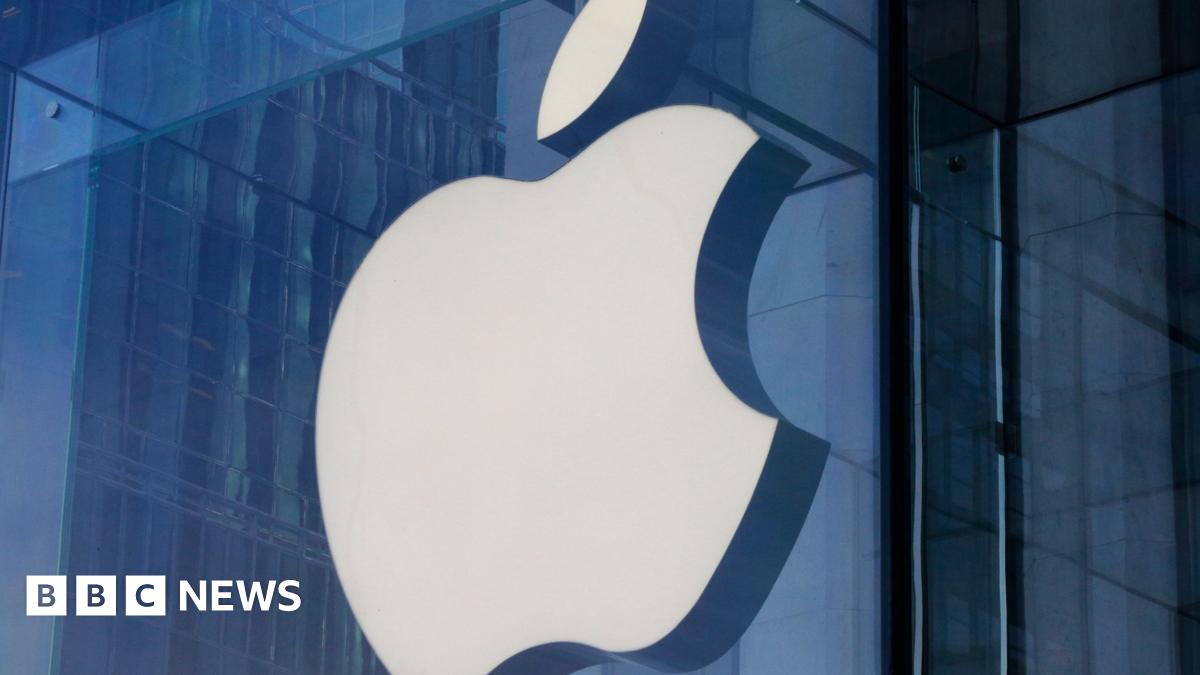UK government demanding access to encrypted iCloud
-
This post did not contain any content.
-
 P [email protected] shared this topic
P [email protected] shared this topic
-
Only possible as iOS fails to include a libre software license text file. We do not control it, anti-libre software.
-
-
do we think the uk government is just full of morons? like i feel like being evil doesn't justify this... a back door for the UK would quickly turn into a back door for literally anyone
-
-
-
-
For people recommending Tuta or Proton.
If only one party uses those services one would have to trust Tuta/Proton to not save a copy of an incoming unencrypted mail. If a government wants access, they have to obey or shut down. Asking the unencrypted email provider from the other party is the obvious other way to access your data.
Only open source E2E for both parties is is trustworthy
-
-
And yet the other day I read an account of researching tracking for ads, and the iPhone used sent a request to Facebook even before anything was installed
A bit of a different thing, but still.
I'm thinking CalyxOS for my next phone.
-
Smaller attack surface and fewer leaks. If you specifically are targeted, the government will look for a warrant for the data in your account, rather than the one you sent to. Gmail also I think there's a concern that text will leak via AI - I remember hearing this concern even when it was just that associations in search terms might build from private email content.
I don't think gayhitler is entirely correct about reading all the plaintext emails. If I understand right, major (most?) email providers use TLS (encryption) between each other and and to your laptop. The difference is the email is available on their servers somewhere, if someone were to get access.
-
Last I heard it’s the only phone with a dedicated encryption chip, so encryption of everything doesn’t burn your battery. Is this still true?
-
Here’s hoping Apple sticks to their guns and pulls adp instead of caving.
In case you didn’t see it a few weeks ago, 3.3 million servers are doing unencrypted transport.
The way email delivery is handled also means you’re not safe just because you aren’t talking to those servers.
-
They're not anonymous, contrary to common perception. They're encrypted, but they know things like your IP address and which IP addresses you're communicating with, even if they don't know the content of your messages. Some of them explicitly state as much.
Depending on the local laws of the company or servers, they might be compelled to share whatever data they do have, which could be enough info to assist law enforcement in making an arrest, even if they can't see the message itself.
If you want anonymous email use, you have to use a logless VPN at a minimum every time you access a third party encrypted email service. That way neither side of the email exchange can tie your IP address to you.
-
Crypto instructions have been standard in CPUs for decades now. I don't know about mobile CPUs specifically, but the AES instructions have been around since 2008.
-
Of course, I only meant that unlike Gmail and such services like proton don’t actively impede your anonymity and build a profile on you as far as we know.
-
Proton does require you to have a dedicated phone number to sign up though, like that was my main thing that swayed me away from making a protonmail account was when I went to sign up I was met with a phone number requirement and I'm like "oh well this isn't going to be helpful"
-
I think I got in before they started doing that.
Actually I don’t think they require that. I just set up a new proton account on a device with a fresh wipe from a vpn endpoint I never used before and they offered to record a phone number or recovery email but didn’t require it.
-
Can you tell me which endpoint that you used? Cuz I just tried using a VPN endpoint from Switzerland Sweden and Ukraine and all three of them brought up a requirement to have a verification email
-
Secure? Idk, maybe. But definitely not private.



